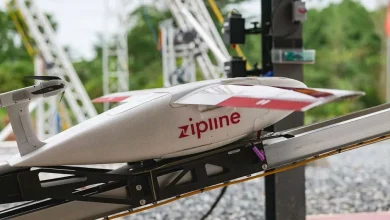60% of business executives increase cybersecurity spending as global threats intensify

Sixty percent of business and technology executives worldwide including leaders across Africa’s fast-expanding digital markets are sharply increasing cyber-risk investment as geopolitical tensions and disruptive technologies heighten the likelihood of large-scale cyberattacks.
This elevated focus marks a decisive shift, positioning cybersecurity alongside revenue growth and capital allocation as one of the most urgent boardroom priorities for 2026.
This is according to PwC’s 2026 Global Digital Trust Insights survey, which gathered responses from 3,887 executives in 72 countries.
The report warns that global instability from shifting geopolitical alliances to deepening trade rifts and waning international cooperation is reshaping corporate strategy and exposing businesses across regions, including Africa, to more complex cross-border cyber threats.
With disruption now the norm, companies are not only boosting cyber budgets but also reassessing wider operating models.
PwC notes that 41% of organisations are rethinking the location of critical digital infrastructure, while 39% are adjusting trade and operating policies to mitigate geopolitical exposure.
Another 39% are revisiting cyber-insurance strategies as premiums rise in response to escalating global risk.
Yet even amid this surge in spending, most firms remain dangerously underprepared. Roughly half of surveyed organisations say they are only “somewhat capable” of withstanding targeted cyberattacks, while just 6% express full confidence across all vulnerabilities assessed.
Spending patterns underline the challenge: only 24% are investing significantly more in proactive defences such as monitoring, testing and controls considered the ideal approach whereas 67% maintain an equal split between proactive and reactive spending, a model security experts warn is both inefficient and risk-laden.
Emerging technologies are creating both opportunity and pressure. Companies plan to deploy agentic AI for cloud security, data protection and cyber-defence operations over the next year.
But preparedness for quantum threats remains low: fewer than 10% prioritise it in their budgets, and only 3% have implemented leading quantum-resistant safeguards.
Meanwhile, cyber talent shortages are forcing a strategic pivot. Over half of organisations (53%) are now relying on AI tools and specialised managed services to close capability gaps and scale security operations in an increasingly volatile global environment.









